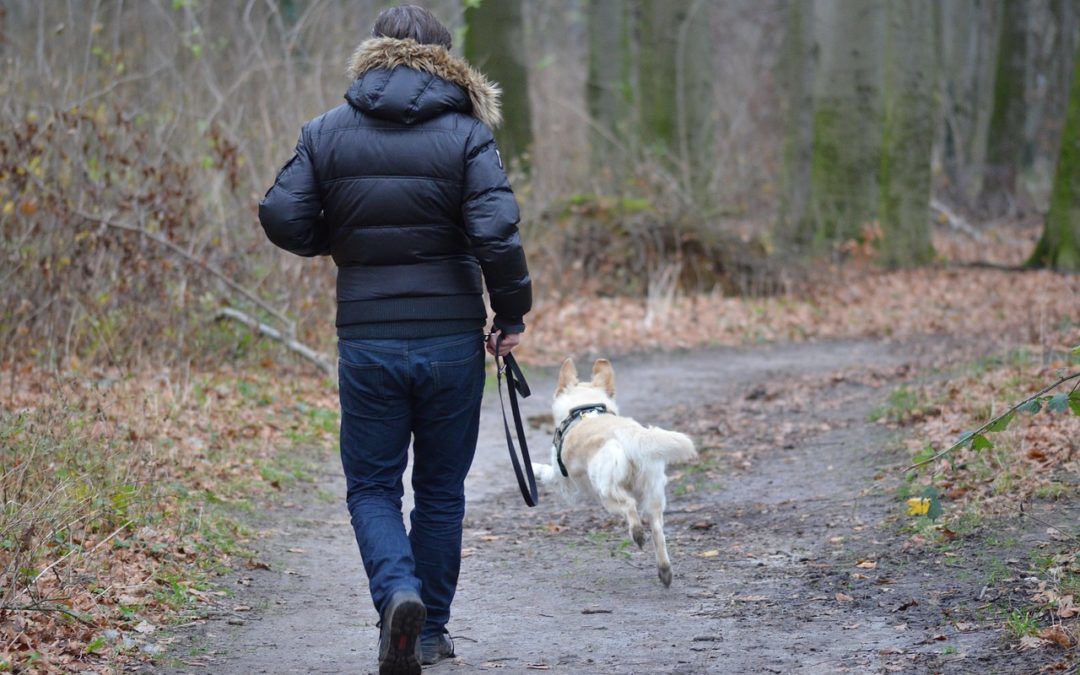Q: My parents have two dogs — a basset hound mix and a labradoodle — with different issues. Both dogs are extremely anxious around other dogs. They jump on people, bark and just don’t listen. The basset mix is very attached to my mother, to the point where she howls when my mom is out of her sight. The labradoodle will snap at anyone when they stand up from a seated position. We have begged my parents to get the dogs trained but they refuse, saying that the dogs are their “fur children” and the behavior doesn’t bother them. Their friends have come to know what to expect, etc.
How can I convince my parents that training the dogs is what’s best for all of them? I am at my wit’s end.
–Harriet Bloom, Towson
The frustration you feel is understandable. Many people think that if they can deal with their dog’s bad behavior, then it is not an issue. Perhaps the bite wasn’t “on purpose,” or it’s because “only they” understand their pets.
Consistently dismissing fearful and assertive behaviors without addressing them is one of the main reasons that dogs wind up lost, re-homed and possibly euthanized.
What would happen if a person or another animal was bitten and needed urgent care? A health care professional is required to report bites to the health department. They, in turn, will contact the owner of the pet and require proof of rabies vaccination, county or city animal license, and begin the process of investigating why the bite occurred.
Baltimore City and Baltimore County both have animal hearing panels that are mandated to review and hold hearings when a person or an agent of Animal Control requests a hearing. There are three possible outcomes in an Animal Control hearing:
1) No bite actually occurred/animal not at fault;
2) The bite occurred and corrective action was given. This can vary from not (ever) being out of the house without a muzzle, mandatory obedience or behavior training, changes to fence or physical property, etc.;
3) Euthanasia, as the pet is deemed too dangerous to be in the community.
What are the plans with the beloved pets should something happen to your parents? Do they have friends or family willing to take two unruly dogs into their home? Has a financial plan been made for whoever inherits them? (That’s something every pet owner should do.)
How would they feel knowing that the dogs could be split up or placed in a rescue? These are the questions to ask your parents. Perhaps thinking about the pups in an abstract way would trigger some parental responsibility.
Sadly, the situation you have described in your question is all too common. Trying to nag or convince them to change something they are comfortable with is usually a losing battle.
Seeking behavioral training or guidance after an event has occurred just adds more stress on the pet and the human, as it becomes something reactive and not proactive.
Joy Freedman is a dog behaviorist and obedience instructor. She can be reached at joy@4pawspetservices.com or www.joyfreedman.com.





